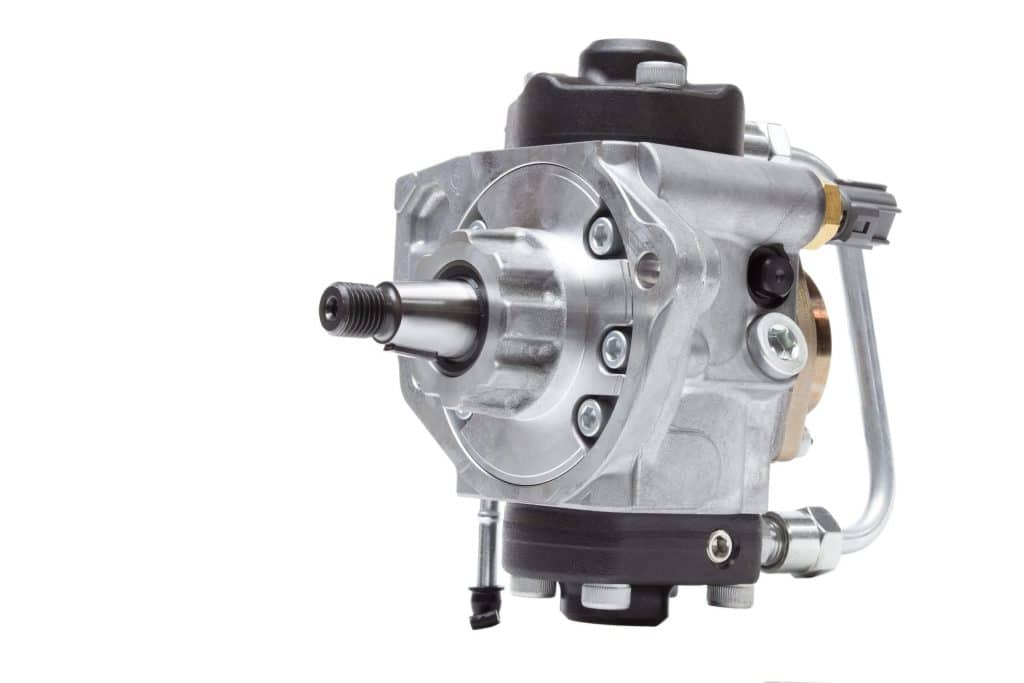The fuel pump is your vehicle’s unsung hero. It takes gas from the gas tank and sends it to the engine so your car, truck, or SUV can start and run. Your vehicle’s fuel pump should last at least 100,000 miles or more. If it doesn’t, or if you’ve exceeded that mileage milestone, you may notice any of the following seven signs. If you do, bring your vehicle to Primary Care Auto Repair of Warwick, RI.
Sputtering Engine
Your fuel pump is telling you something if your engine starts to sputter once you’ve hit the top speed on the highway. The sputters indicate that your engine is being starved of necessary fuel, and starvation could be caused by a clogged or failing fuel pump. Sputters also indicate spark plug trouble.
Overheating Engine
If your fuel pump is dying it might overheat and this heat causes your engine to overheat. Unlike the radiator, which will overheat until it bursts the cap and spews scalding-hot coolant everywhere, an overheat caused by the fuel pump will stall out the engine. Pullover at the first sign of overheating.
Low Fuel Pressure
You’ll have to test your fuel pressure to determine the cause of a dying fuel pump. You can buy a fuel pressure gauge at the auto parts store. Grab a friend and then test your fuel pressure by reading the gauge while your friend revs the engine. Find the recommended fuel pressure in the owner’s manual.
Power Loss
Your engine might not sputter but you will lose power under certain circumstances if your fuel pump is going out. For example, imagine you’re driving up a steep hill and all of a sudden you lose power. This is a sign the fuel pump is not transferring enough fuel to the engine and it cannot handle the hill’s stress.
Surging Engine
The flipside to not enough fuel is too much fuel and a fuel pump that is going out can send too much fuel to your engine, too. You’ll notice your engine surging when this happens and the surges can make driving dangerous. Surges mean the vehicle picks up and then drops speed. Not good on the road.
Gas Mileage Decrease
If the fuel pump is sending too much fuel to the engine, or if the relief valve doesn’t close to stopping fuel flow, you’ll notice your vehicle isn’t getting the gas mileage it normally gets. Track your mileage to stay on top of fuel efficiency. A drop in fuel efficiency could be attributed to a dying fuel pump.
Dead Engine
You might end up with a dead engine even if you don’t notice any of the signs above. If the fuel pump gets clogged or dies, it cannot transfer gas to the engine. When this happens, you won’t be able to start your car, truck, or SUV at all. The problem could also be clogged fuel lines.
Call Primary Care Auto Repair in Warwick, RI, for a fuel pump inspection and test.


